10 Important Safety Drills and Training Procedures for Ship’s Engine Room
Drills on board ships play an important role in preparing the crew for emergency situations. The ship’s engine room is a hazardous place where a variety of accidents can take place. Engine room crew members are therefore required to carry out all important drills and training procedures on regular basis to ensure safety of the ship and its crew
Mentioned below are ten important drills and training procedures for the ship’s engine room.
1. Engine Room Fire Drills: Accidents as a result of fire are the most common in the ship’s engine room. Fire drills, which must include fire fighters from both deck and engine sides, are to be carried out frequently to ensure that the ship’s crew to well prepared for any such adverse condition. Fire drills must be performed at various levels and machinery of engine room i.e. Boiler, Generator, Purifier, Main Engine etc. Read more about fire drills here.
2. Engine Room Flooding Drill: A delayed action during engine room flooding can lead to loss of important machinery such as generators, main engine etc., leading to complete blackout of the ship. Engine room flooding response training and immediate repair actions must be taught to engine crew. The flooding training must include response actions to different emergency situations such as grounding, collision etc. which can lead to structural damage and flooding of water in the engine room. Read more about flooding here.
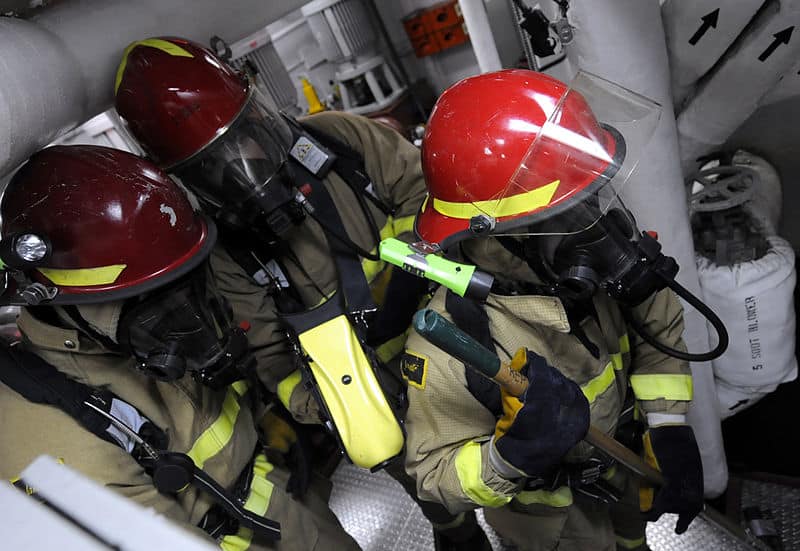
3. Enclosed Space Drill: Engine room comprises of several tanks and confined spaces which are unsafe to enter without preparation and permission. Enclosed space training with risk assessment and dedicated checklists must be carried out for all ship’s crew. Read more about enclosed space entry here.
4. Scavenge Fire Drill: All engine room crew members must know engine scavenge fire fighting procedure. The crew must know about the system that is to be employed for scavenge fire fighting along with the precautions that are to be taken before implementing particular method to the engine. (For e.g. if steam is used to suppress the fire, the line should be drained before steam insertion as water in the line may lead to thermal cracks of engine parts). Read more about scavenge fire here.
5. Crankcase Explosion Drill: Crankcase explosion in the ship’s engine can lead to fatal situations and heavy loss of ship’s property. The crew should be prepared for taking the right action when the engine’s oil mist detector gives an alarm. Read more about crankcase explosion here.
6. Uptake Fire Drill: Engine crew to be well trained by frequent drills on how to fight boiler uptake fire. Crew should be trained n various stages of uptake fire and different procedures to fight these fires. Learn more about boiler fire here.
7. Oil Spill Drill: Oil carried on ship as a cargo or for use of ships machinery is handled by engine crew. It is important to know the correct oil transfer procedure. Read more about oil pollution from ships here.
8. Bunker Training: Bunkering is one of the most critical operations, which always involve risk of oil spill and fire. 24 hrs before every bunkering, all ship’s crew must be called for meeting and complete bunkering operation should be discussed. Crew to be trained for safety signals, oil spill reporting procedure etc. Read more on oil bunkering procedure on board ships here.
9. Pollution Prevention Appliances Training: Port State Control (PSC) and other governmental authorities are very strict when it comes to compliance with pollution prevention norms. It is therefore important for the ship’s crew to know all pollution preventive measures when at sea. This includes crew’s knowledge of all the pollution prevention equipment present onboard (OWS, Incinerator, Sewage Treatment Plant etc.). Ships crew must be trained for operation of all these equipment along with the regulation to discharge from the equipment. Read more on pollution from ships here.
10. Blackout Training: Once the ship looses its power source i.e. the generator, the ship’s fate depends on the forces of the sea and wind. Blackout condition leads to dead ship and it’s the responsibility of the engine crew to bring back the ship’s power so that it can sail again on its determined course. The blackout emergency situation training must be given to all engine room crew members and must be considered extremely important. Read more on blackout situation here.
These are some of the most important safety drills and training procedures in the ship’s engine room. Do you know any other important drill that should be added to this list? Let us know in the comments below.
You may also like to read:
What is Basic Offshore Safety Induction and Emergency Training (BOSIET)?
Do you have info to share with us ? Suggest a correction
Latest Ship Safety Articles You Would Like:

About Author
An ardent sailor and a techie, Anish Wankhede has voyaged on a number of ships as a marine engineer officer. He loves multitasking, networking, and troubleshooting. He is the one behind the unique creativity and aesthetics at Marine Insight.
Subscribe To Our Newsletters
By subscribing, you agree to our Privacy Policy and may receive occasional deal communications; you can unsubscribe anytime.



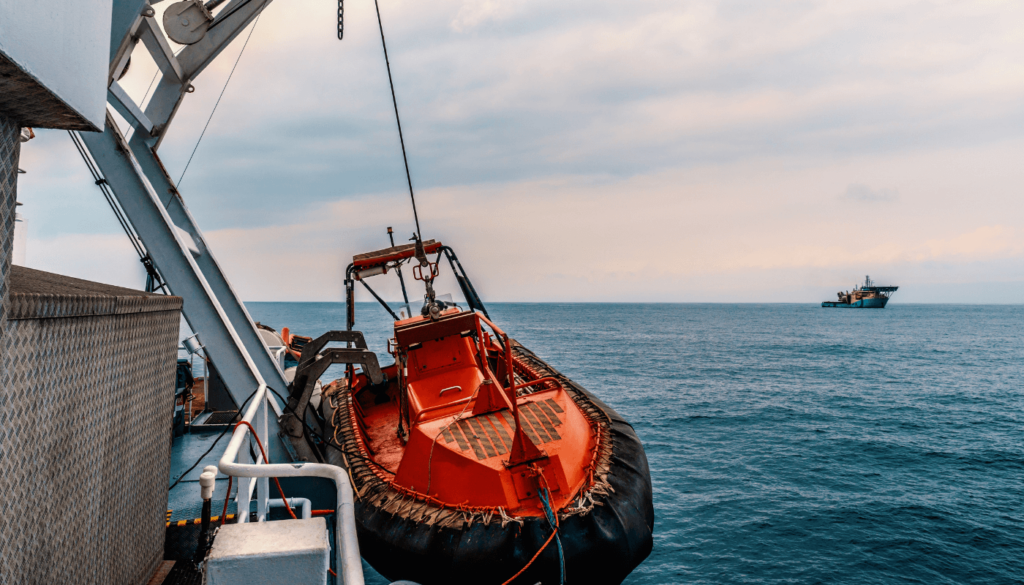
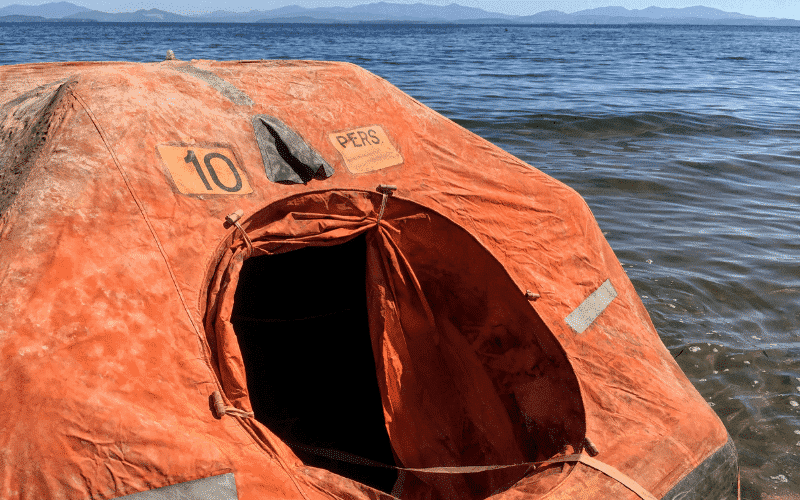
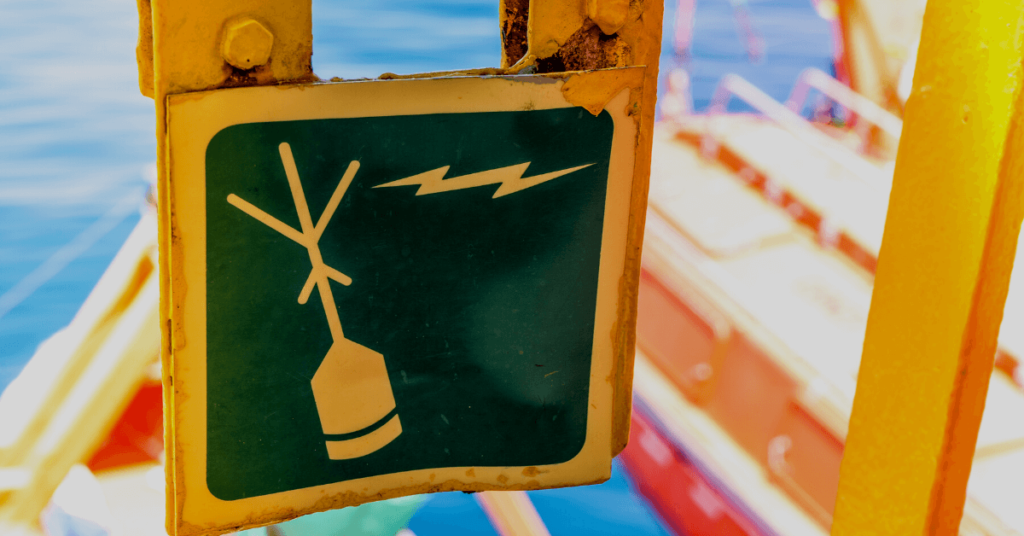
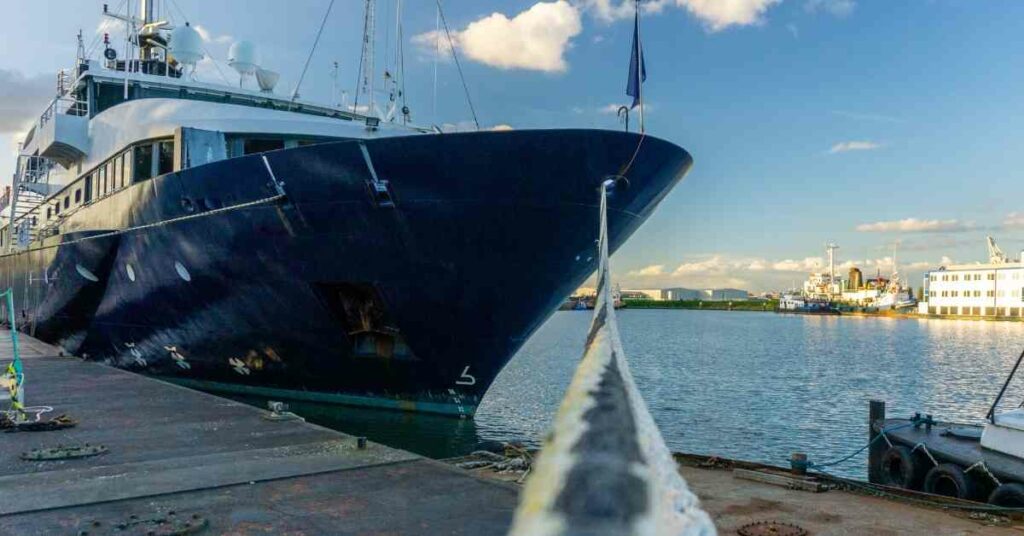
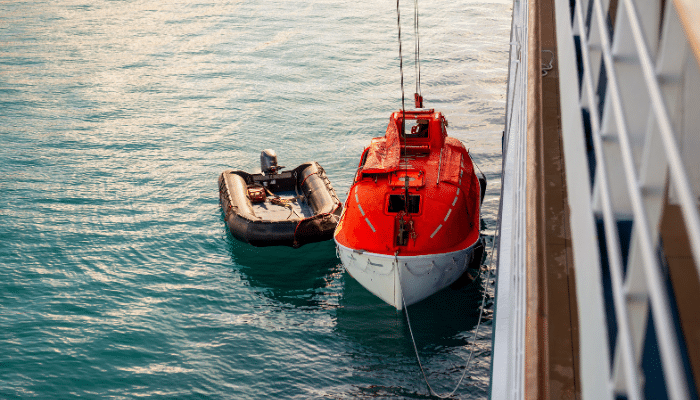
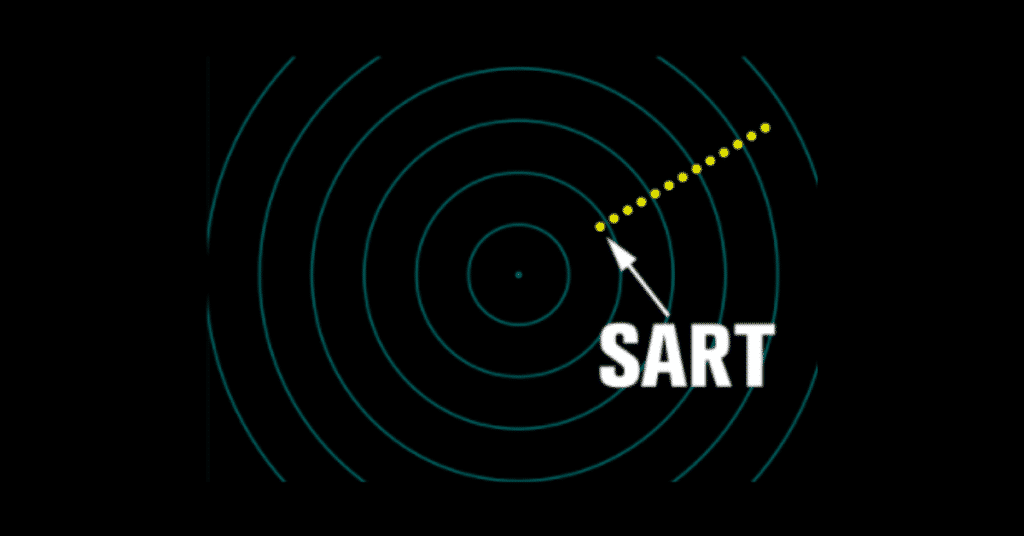

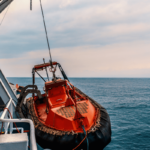
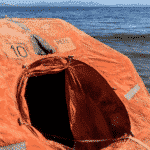
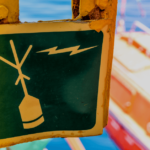
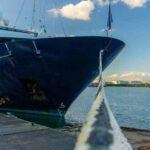
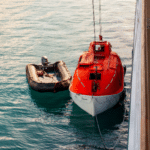
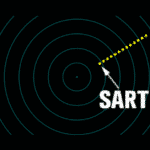
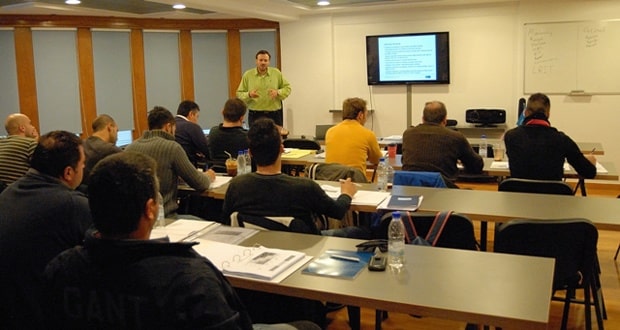

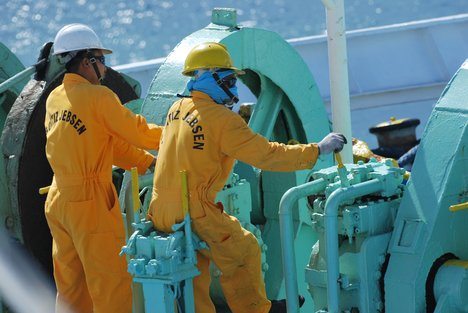

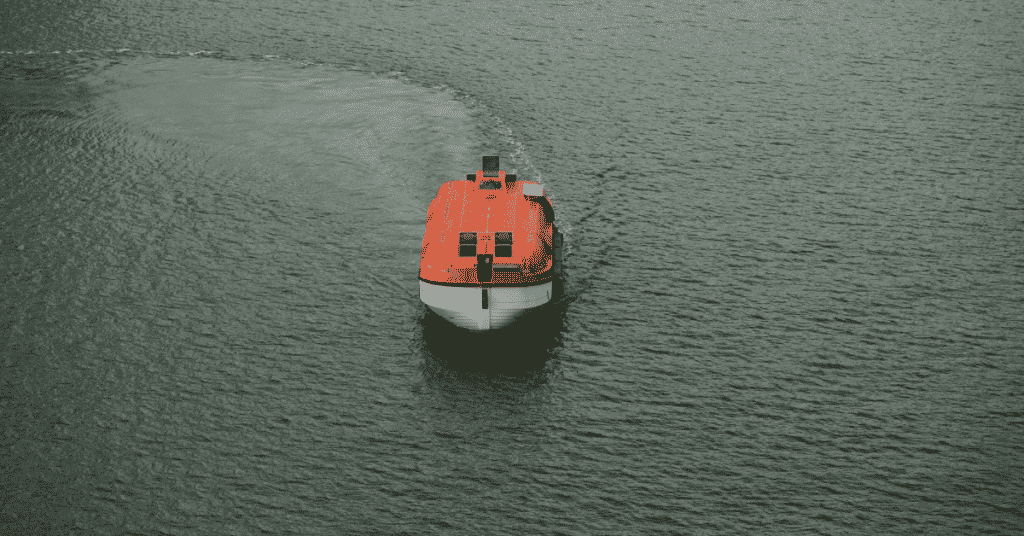
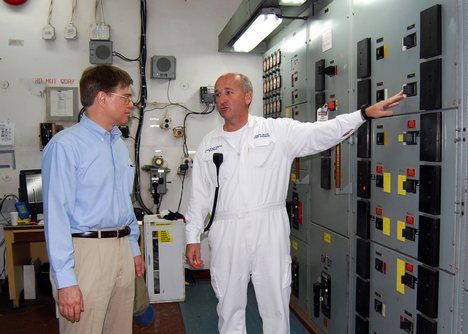
just enjoying reading insight, preparing myself sailing on board foreign vessels. spent all my sailing years on small vessels of less than 1720 kw powered vessels. keep up wonderful column, so informative..thanks
Thank You John for those loverly words. Appreciation always motivates 🙂